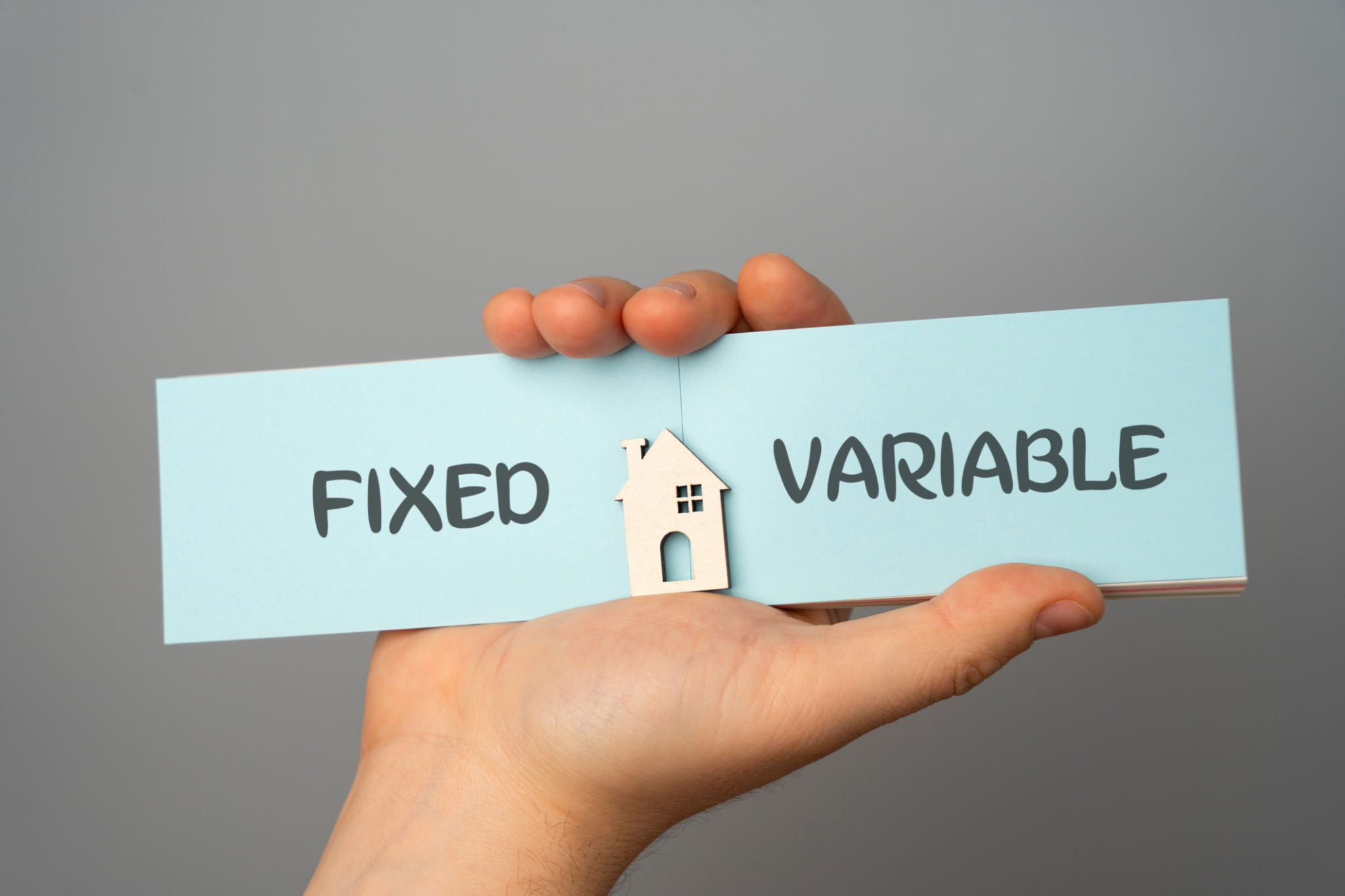Comparing Fixed vs. Variable Mortgages: Which is Right for You?
Understanding Fixed and Variable Mortgages
When it comes to financing your home, choosing between a fixed and variable mortgage can be a daunting decision. Each option has its unique benefits and drawbacks, and understanding these can help you make the most informed choice. A fixed mortgage offers stability, while a variable mortgage provides flexibility. But which is right for you? Let's dive deeper into the specifics of each to find out.

The Basics of a Fixed Mortgage
A fixed mortgage means that the interest rate remains constant throughout the life of the loan. This stability can be appealing as it allows for predictable monthly payments, making budgeting easier for many homeowners. Fixed mortgages typically come in terms of 15, 20, or 30 years, giving you the option to choose based on your financial situation and long-term goals.
The primary advantage of a fixed mortgage is protection against rising interest rates. If you lock in a low rate, you won't have to worry about market fluctuations affecting your payments. However, this stability often comes at a cost; fixed mortgages might initially have higher interest rates compared to their variable counterparts.
The Flexibility of Variable Mortgages
In contrast, a variable mortgage offers an interest rate that can change over time, typically in relation to a benchmark rate or index. This means your payments could fluctuate, potentially increasing or decreasing as the market changes. Variable mortgages often start with lower interest rates, making them an attractive option if you anticipate falling rates or plan to move or refinance before the rate adjusts significantly.

The primary risk with variable mortgages is the potential for rising rates, which could lead to higher monthly payments over time. However, they can be beneficial in a declining rate environment. Those who opt for variable mortgages often benefit from initially lower costs and the chance of paying less over the term of the loan.
Key Considerations When Choosing
When deciding between a fixed and variable mortgage, consider your financial stability and risk tolerance. If you prefer consistency and security, a fixed mortgage may align better with your needs. On the other hand, if you're comfortable with some risk and want to take advantage of potentially lower initial rates, a variable mortgage might be more suitable.
Also consider how long you plan to stay in your home. For short-term ownership, the lower initial costs of a variable mortgage may make more sense. But if you're planning to stay put for many years, the predictability of a fixed mortgage could offer peace of mind.

Making Your Decision
Your choice between a fixed and variable mortgage should reflect your personal financial situation and future plans. It's essential to evaluate current market conditions and forecasts for interest rates. Speaking with a financial advisor or mortgage broker can provide valuable insights tailored to your circumstances.
Ultimately, both fixed and variable mortgages have their pros and cons. By weighing these carefully and considering your own financial goals and lifestyle, you can make a decision that best suits your needs. Whether prioritizing stability or flexibility, understanding these options ensures you make an informed choice that aligns with your homeownership journey.